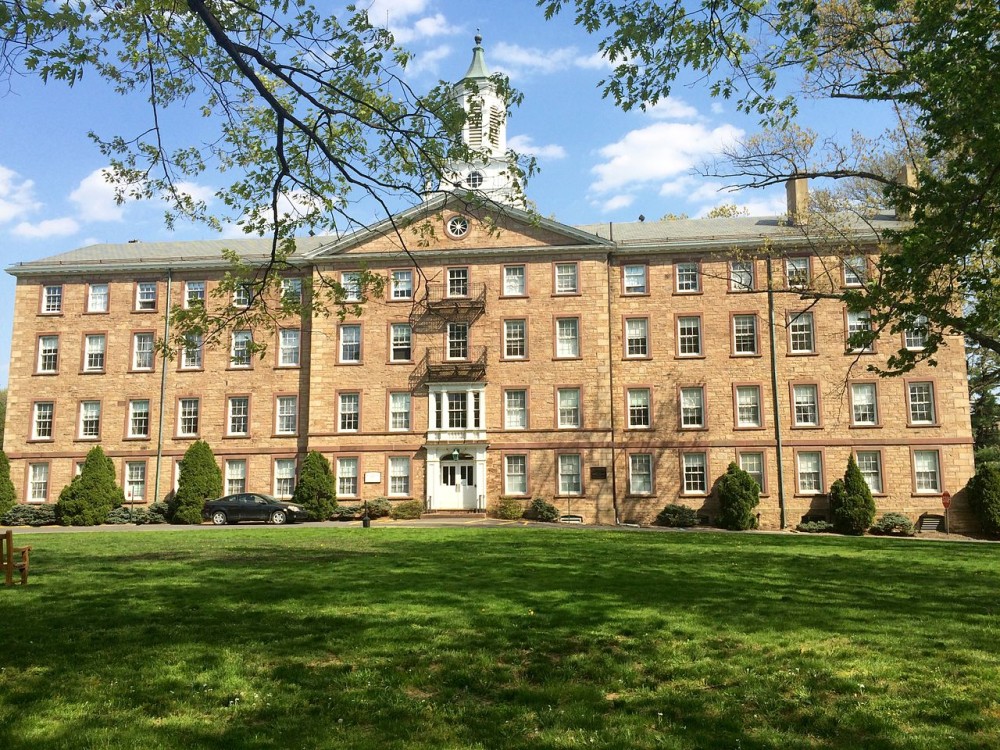What I learned from our seminary's conflict about hosting Tim Keller
At times, the cost of theological diversity is painfully clear.

I teach a course at our seminary on conflict. The first point I make in class is that the goal for leaders of congregations is not to avoid inevitable conflicts but to seek transformation through them. And to learn along the way.
Last April our seminary made its way through a substantive controversy. The Kuyper Center on our campus offered its annual award to the Reverend Tim Keller as a way of affirming the success of his ministry. As the award winner, he was asked to be the keynote lecturer at the annual Kuyper Conference.
As soon as the award was announced, some students began protesting the center’s plan to give this award to a leader of the Presbyterian Church in America because the PCA does not ordain women or LGBTQ+ individuals. We’ve had many other speakers on campus who represent denominations and religions that ordain only males, and we will again, but granting an award for excellence in Reformed theology took on a greater significance because of a deep wound among our divided Reformed churches.




